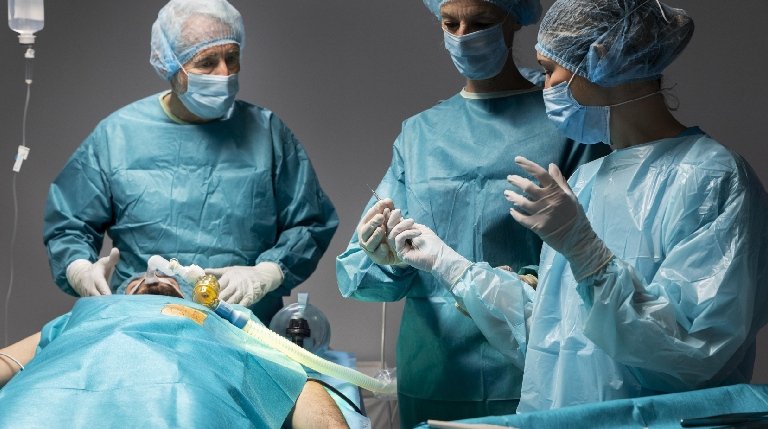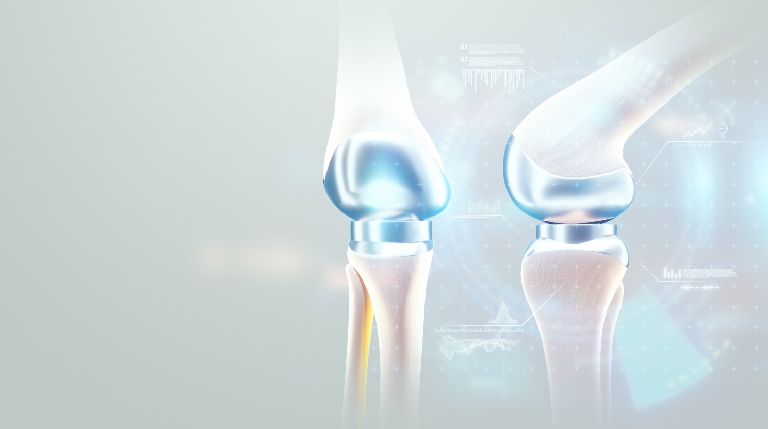
What All You Need to Know About Knee Pain
Introduction
Numerous traumas, sprains, or strains can result in knee pain. Athletic activities can lead to these wounds, but they can also develop due to falls or other traumas like car accidents. Knee pain can range from a mild ache that started slowly and got worse with exercise to a severe pain that appears after climbing stairs or standing up after being seated for a long time. A clicking noise, limb weakness, and knee pain might also be present. Whatever you call it, if joint pain prevents you from doing what you usually do, then you need to read this article until the end.
Some common knee problems
- A blow to the knee or an abrupt knee twist typically results in a sprained or strained knee ligament or muscle. Pain in the knee, swelling, and difficulty walking are common symptoms.
- The menisci can be torn by knee trauma (pads of connective tissue that act as shock absorbers and enhance stability). Frequently, sprains are accompanied by cartilage tears. To prevent further harm, the knee may need to be braced while engaging in an activity. To heal the tear, surgery may be required.
- The overuse of a tendon during specific activities like running, leaping, or cycling may cause tendon inflammation. Jumper’s knee is a term for tendonitis of the patellar tendon. When playing sports like basketball, the impact of the player’s foot striking the ground after a jump frequently strains the tendon.
- Arthritis that most frequently affects the knee is osteoarthritis. The cartilage in the joint eventually wears away due to the degenerative process of osteoarthritis. Older and middle-aged adults are commonly affected. Excessive everyday stress from frequent injuries or being overweight can lead to osteoarthritis. The inflammation of the knee joint and the degeneration of the knee cartilage are both effects of rheumatoid arthritis that can potentially damage the knees. People with rheumatoid arthritis frequently get it earlier than those with osteoarthritis.
Knee Pain Diagnosis by Location
There are various symptoms connected to knee pain that can help in a specific diagnosis, including:
- Knee Swelling,
- Instability and Giving Way
- Strange Knee Pain When Bending, Kneeling
- Strange Knee Noises
- Knee Pain While Climbing Stairs
- Knee Burning
- Knee Pain At Night Sharp Knee Pain
You may need treatment depending on what’s causing your knee pain and how uncomfortable it is for you.
- With rest, ice, and anti-inflammatory drugs, minor knee injuries frequently get well. Your knee can be kept stable while healing by wearing a brace.
- Your knee pain treatment options may include medication and physical therapy if arthritis is the cause.
- Usually, minimally invasive surgery can be used by doctors to treat torn ligaments and tendons.
- A Knee Replacement Surgery in Gurgaon operation may be necessary for more severe knee pain.
Whatever the underlying reason for your knee pain, physical therapy exercises can help by building up the muscles that support your knee and reducing pain.
Conclusion
If you experience severe knee pain following a fall or injury, consult a doctor immediately. If your knee is swollen or you cannot fully extend it, you should also visit your doctor. Call your doctor if you experience pain that lasts more than a few days.
For best knee pain treatment in Gurgaon, consult YKOrthopaedics. Call +91 8851376606




